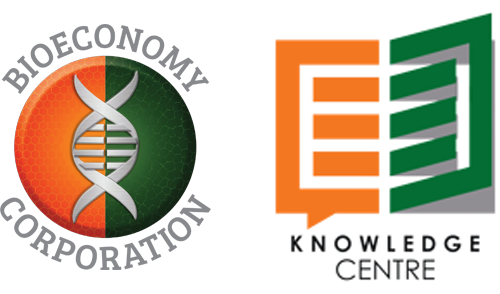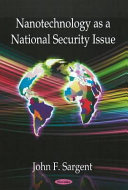Nanotechnology as a National Security Issue
| Series: | |
| Publisher: | Nova Science Publishers |
| Subject: | Nanotechnology --Research--Government policy-, Technology and state --United States |
| Authors: | John F. Sargent |
| Pages: | 59 pages |
| Binding: | Hardcover |
| ISBN: | 9781606920701 |
| Call No: | T 174.7 S269 2009 |
The projected economic and societal benefits of nanotechnology have propelled global investments by nations and companies. The United States launched the first national nanotechnology initiative in 2000. Since then, more than 60 nations have launched similar initiatives. In 2006, global public investment in nanotechnology was estimated to be $6.4 billion, with an additional $6.0 billion provided by the private sector. More than 600 nanotechnology products are now in the market, generally offering incremental improvements over existing products. However, proponents maintain that nanotechnology research and development currently underway could offer revolutionary applications with significant implications for the U.S. economy, national and homeland security, and societal well-being. These investments, coupled with nanotechnology's potential implications, have raised interest and concerns about the U.S. competitive position. The data used to assess competitiveness in mature technologies and industries, such as revenues and market share, are not available for assessing nanotechnology. In fact, the U.S. government does not currently collect such data for nanotechnology, nor is comparable international data available. Without this information, an authoritative assessment of the U.S. competitive position is not possible. Alternatively, indicators of U.S. scientific and technological strength (e.g., public and private research investments, nanotechnology papers published in scientific journals, patents) may provide insight into the current U.S. position and serve as bellwethers of future competitiveness.

